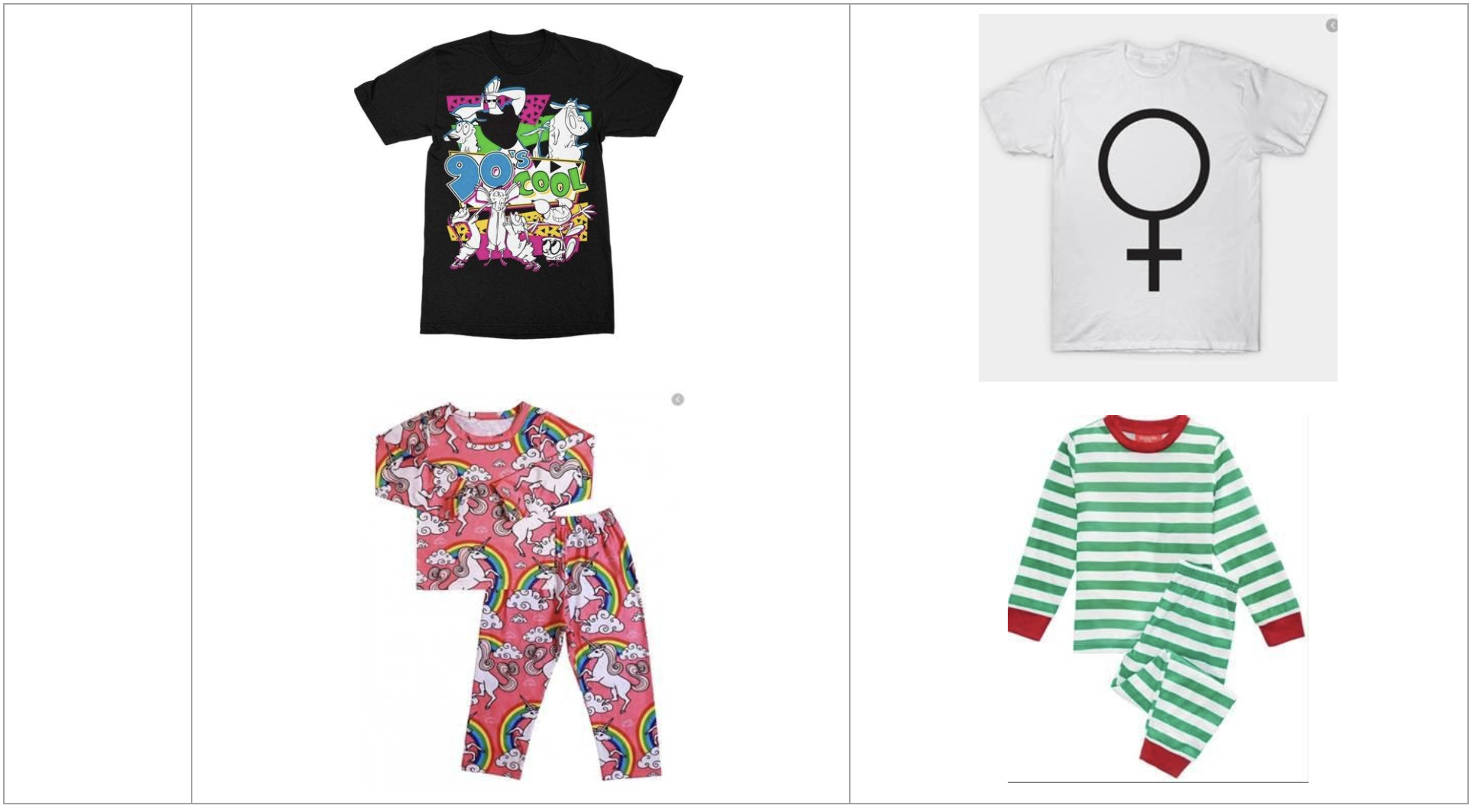1. What is a trademark? What do trademarks protect?
The United States Patent and Trademark Office (USPTO) describes trademarks as “any word, phrase, symbol, design, or combination of theses things that identifies your goods or services.” Beyond just identifying your brand name or logo, trademarks are always connected to specific products or services. That means you can’t just trademark a logo or a brand name. You need to specify what products you sell (or intend to sell—you can apply before you start selling), or what services you provide, in order to obtain a trademark from the USPTO.
Trademarks provide important benefits, including:
Distinguish your products or services from those of your competitors, allowing you to cultivate brand loyalty among customers
Provide legal protection from other businesses who may want to use or copy your brand name or logo
Provide recourse when competitors attempt to copy the specific ways you carry out your services, counterfeit your products or fraudulently sell products you’ve made
These protections are essential for business, particularly in a competitive marketplace or industry. If you haven’t submitted a U.S. trademark application, you may not have official legal recourse if a competing business decides to copy you.
There are other benefits to getting trademark protection for your business. To learn more about why it’s a good idea to get a trademark, CLICK HERE and go to FAQ #1.
2. What If Someone Has Already Applied for a Simliar Trademark?
Trademarks exist specifically to allow businesses a unique and easily recognizable identity associated with the products they sell. This unique identity also helps prevent confusion among consumers, who need to be sure they know exactly what they’re buying. Businesses with similar names or logos can create a Likelihood of Confusion, which refers to the idea that a consumer may not be sure which brand actually made or sold the product they bought.
With the volume of businesses operating and selling products in the U.S., it’s hard to know whether someone has already registered a trademark for a brand name without doing some research first. We can do this research for you by performing a trademark search. This is an optional service, but if you file an application without having us do this search first, you risk having your application denied for a completely preventable reason. You can read more about our flat-fee pricing for trademark searches here.
3. What's The Difference Between Copyright & Trademark?
Trademarks are just one kind of intellectual property protection. We also provide copyright application services, but those aren’t covered by your trademark application fee. The two processes are different, so we don’t combine them.
Only some of our clients would benefit from copyright protection. For the most part, copyright is relevant to products rather than services. While trademarks broadly protect brand names, logos, symbols, and products, copyright covers unique, original ideas and works of an artistic nature. Words, phrases, simple designs, and popularly recognized icons typically aren’t copyrightable. This chart helps demonstrate the difference between designs that may be entitled to copyright protection and those that may not.
If you intend to sell products with an original design (note that you probably won’t be able to copyright just any product with detailed graphics; for example, a coffee mug featuring Van Gogh’s Starry Night), be sure to mention that you’re interested in copyright when you get in touch with us.
4. Do I Have to Live in America to Get a U.S. Trademark? Do I Have to Be a Citizen?
No, you do not have to currently live in the U.S. (what the USPTO refers to as domicile) in order to register a trademark. You also don’t have to be a citizen to apply. That means anyone who sells products or services in U.S., whether virtually or physically, can get trademarks in the United States.
However, only U.S. citizens are allowed to DIY their own trademark applications. Non-citizens must work with a licensed U.S. attorney to submit their applications, even if they currently live within the United States. IdeaLegal is happy to work with trademark applicants from anywhere in the world; we enjoy getting to work with people from different places and learn more about their businesses!
Though U.S. citizens are allowed to take a DIY approach and submit their own trademark applications, we don’t recommend doing so. The process can be much more complex than it initially seems; this isn’t just a matter of filling out a paper application. Additional steps such as searching to see whether anyone else already holds a similar trademark, or responding to office actions from the USPTO, can make the process complicated and time-consuming.
The USPTO’s trademark application fees are generally not refundable, so if you don’t get it right the first time as a DIY applicant, you won’t be able to get back the time and money you’ve spent. We’ve been filing dozens of successful trademark application every month for years, so we know what we’re doing and can help save time and money in the long run.
Ready to Get Started? Have Questions?
Whether you’re ready to work with us or you just want more information, the first step is to get in touch with us. Tap the button below and tell us about yourself.
We’ll follow up within one business day to kickstart the U.S. trademark application process.











